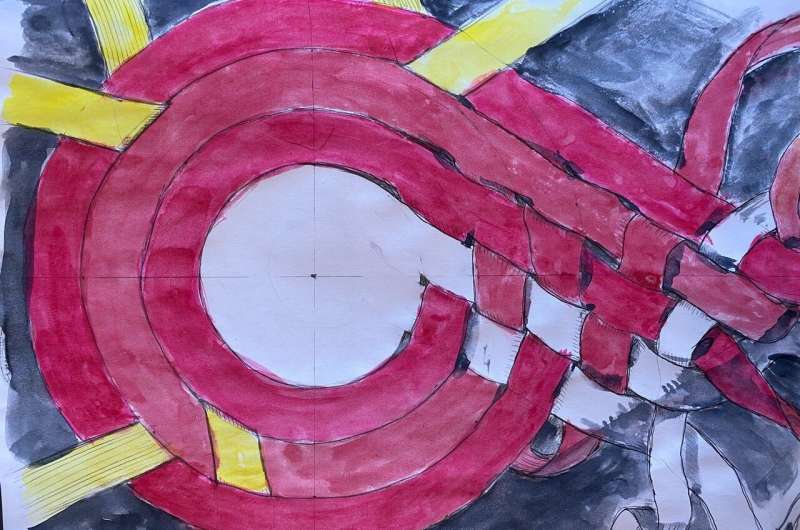Scientific advance leads to a new tool in the fight against hackers

A new form of security identification could soon see the light of day and help us protect our data from hackers and cybercriminals. Quantum mathematicians at the University of Copenhagen have solved a mathematical riddle that allows for a person’s geographical location to be used as a personal ID that is secure against even the most advanced cyber attacks.
People have used codes and encryption to protect information from falling into the wrong hands for thousands of years. Today, encryption is widely used to protect our digital activity from hackers and cybercriminals who assume false identities and exploit the internet and our increasing number of digital devices to steal from us.
As such, there is an ever-growing need for new security measures to detect hackers posing as our banks or other trusted institutions. Within this realm, researchers from the University of Copenhagen’s Department of Mathematical Sciences have just made a giant leap.
“There is a constant battle in cryptography between those who want to protect information and those seeking to crack it. New security keys are being developed and later broken and so the cycle continues. Until, that is, a completely different type of key has been found,” says Professor Matthias Christandl.
For nearly twenty years, researchers around the world have been trying to solve the riddle of how to securely determine a person’s geographical location and use it as a secure ID. Until now, this had not been possible by way of…

